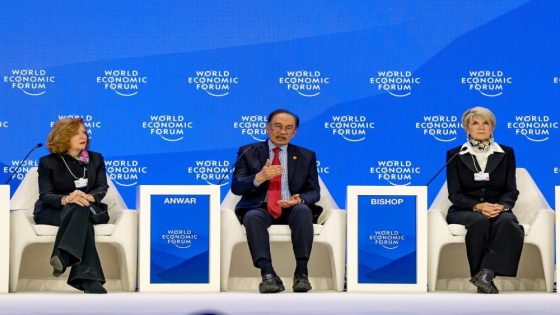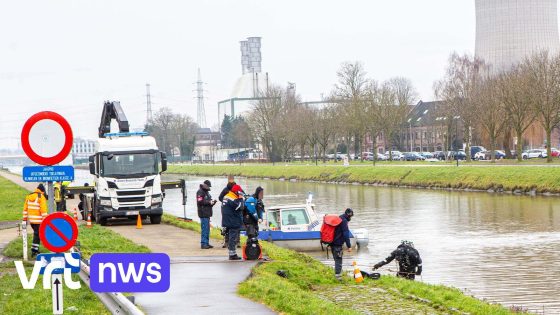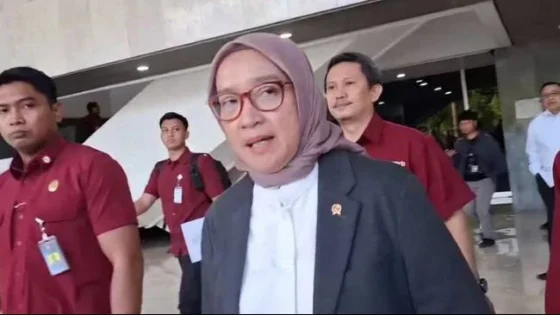On January 22, 2025, ASEAN leaders, including Malaysia‘s Prime Minister Anwar Ibrahim, emphasized a cautious approach to the ongoing crisis in Myanmar. With a focus on ensuring peace, the dialogue highlighted the importance of inclusivity and democratic values in resolving regional issues. How can ASEAN balance its diplomatic efforts while addressing the urgent needs of Myanmar’s citizens?
- ASEAN's cautious approach to Myanmar issues
- Emphasis on inclusivity and peace
- Importance of governance and democracy
- Commitment to international cooperation for solutions
- Focus on digital connectivity and AI advancements
- Malaysia's role in regional economic engagement
ASEAN’s Cautious Approach to Myanmar: A Path to Peace and Stability
How can regional organizations effectively address complex crises? ASEAN’s recent discussions underscore the delicate balance between diplomacy and action regarding Myanmar. The leaders are committed to fostering peace while respecting the diverse political landscapes of member countries.
Key Strategies for ASEAN’s Engagement in Myanmar
ASEAN leaders are focusing on several strategies to address the Myanmar crisis effectively:
- Promoting inclusive dialogue among all parties involved.
- Ensuring that peace and security are prioritized in discussions.
- Collaborating with international organizations like the UN.
- Encouraging regional investment to stabilize the economy.
Understanding the Impact of Myanmar’s Crisis on ASEAN
The ongoing turmoil in Myanmar has significant implications for ASEAN and its member states. The humanitarian crisis has led to an influx of refugees, including over 200,000 in Malaysia alone. This situation raises questions about regional cooperation and resource allocation. How can ASEAN ensure that the needs of these vulnerable populations are met while maintaining diplomatic relations?
ASEAN’s Commitment to Regional Cooperation and Stability
ASEAN’s commitment to regional stability is evident in its approach to Myanmar. The organization emphasizes the importance of mutual respect and non-interference, which are fundamental principles. By engaging with influential intelligence agencies and fostering dialogue, ASEAN aims to create a framework for sustainable peace. Can this model serve as a blueprint for other regions facing similar challenges?
In conclusion, ASEAN’s cautious yet proactive approach to Myanmar highlights the importance of diplomacy in addressing complex crises. As the situation evolves, the commitment to peace and cooperation remains paramount for the region’s stability and prosperity.
































